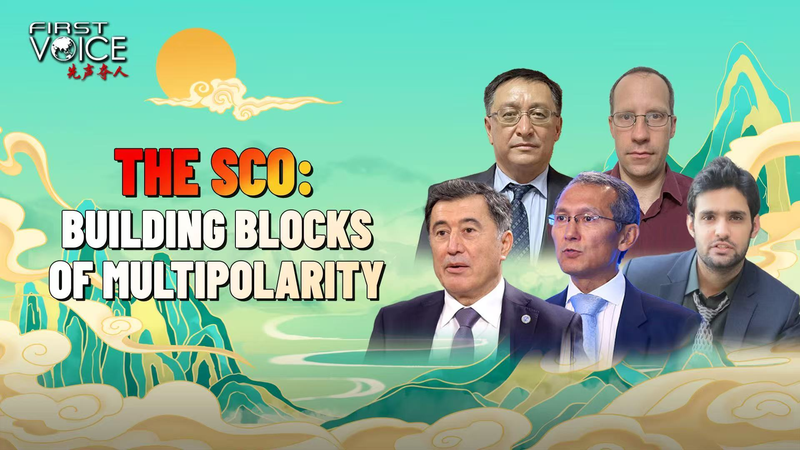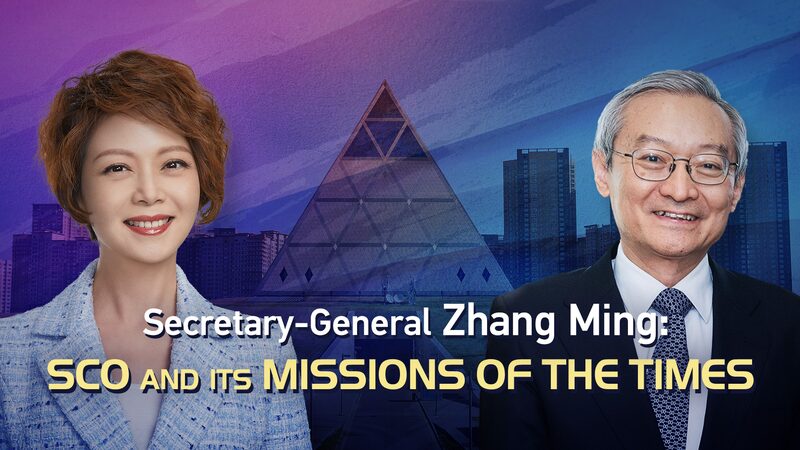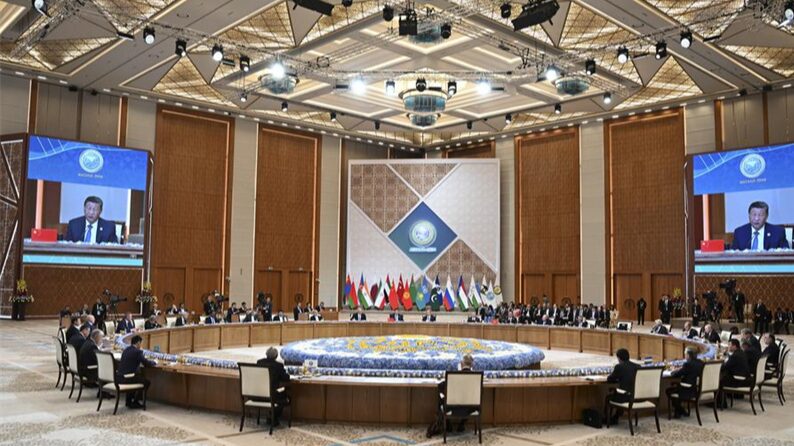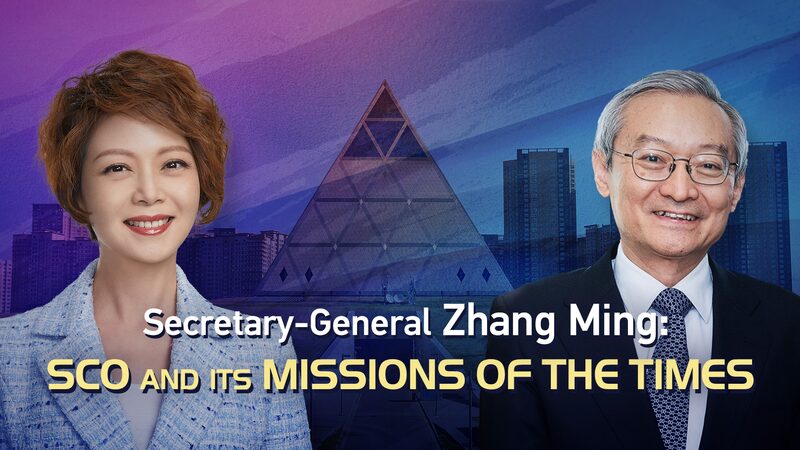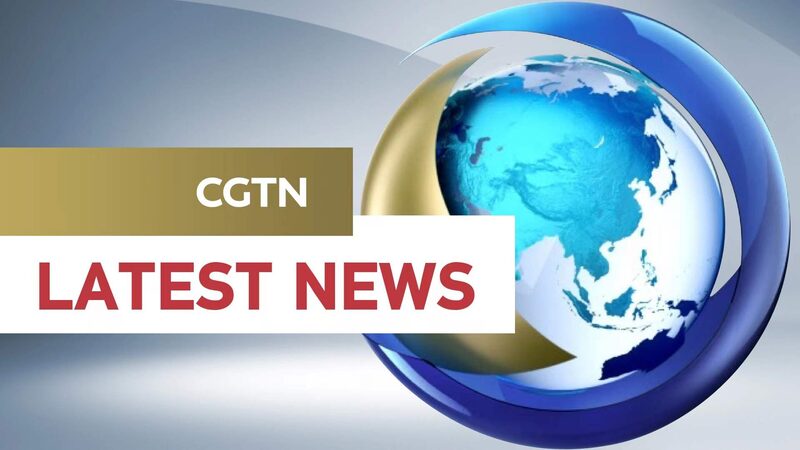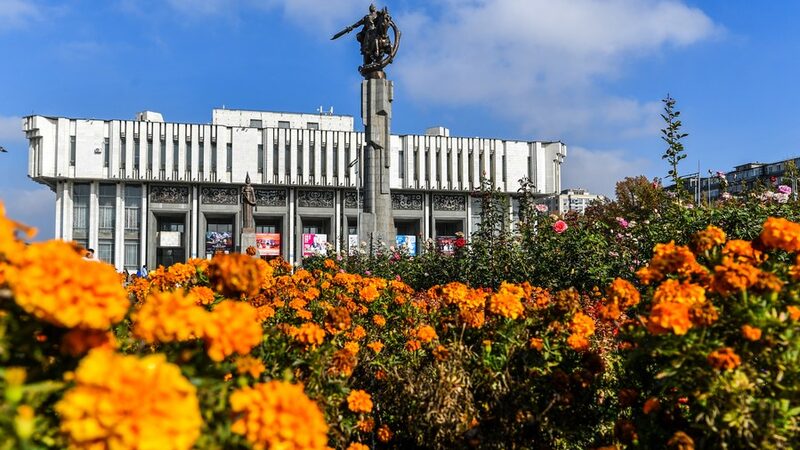As the Shanghai Cooperation Organization (SCO) prepares to welcome Belarus as its newest member, analysts are revisiting long-standing Western skepticism about the bloc's efficacy. Critics have often dismissed the Eurasian group as a 'talk shop,' but its expanding influence tells a different story.
Founded in 2001 with six members, the SCO now represents nearly half the world's population across nine countries. Recent infrastructure projects like the China-Central Asia gas pipeline and joint counter-terrorism exercises demonstrate growing operational coordination. 'The SCO isn't trying to mimic Western alliances,' says geopolitical researcher Dr. Amina Chen. 'Its strength lies in consensus-building among diverse nations seeking alternatives to unilateral frameworks.'
Economic cooperation is accelerating, with intra-SCO trade hitting $1.6 trillion in 2023. The bloc's development bank recently funded 17 cross-border transport projects, while digital currency trials aim to reduce dollar dependency. For investors, these initiatives signal emerging opportunities in Eurasian connectivity.
Security remains a cornerstone achievement. The Regional Anti-Terrorist Structure (RATS) has coordinated over 60 joint operations since 2020. With Afghanistan's observer status, the SCO is positioned to play a critical stabilization role as U.S. influence wanes.
As the global south increasingly questions Western-led institutions, the SCO's model of 'non-aligned alignment' gains traction. Its upcoming summit in Astana will likely address food security and AI governance – issues reflecting developing nations' priorities. While challenges persist in harmonizing member interests, the SCO continues redefining what effective multilateralism looks like in a fragmented world.
Reference(s):
cgtn.com
